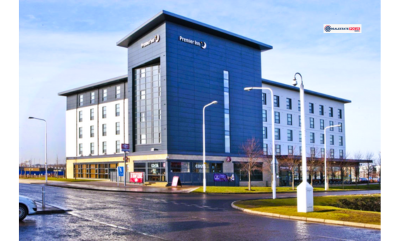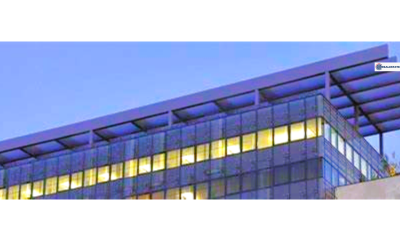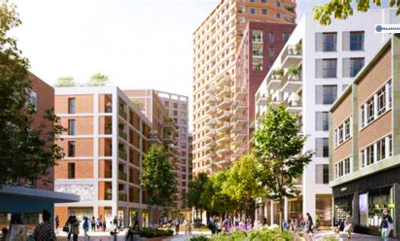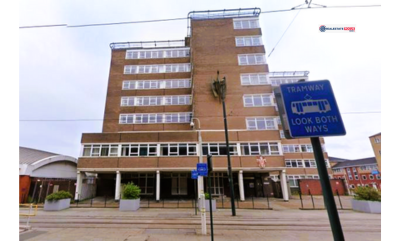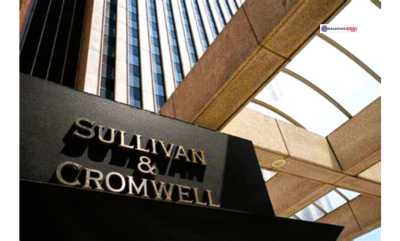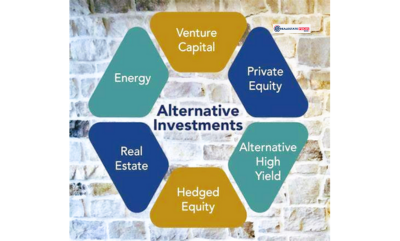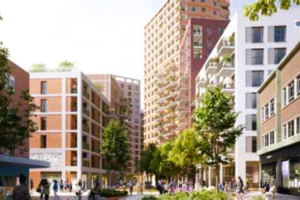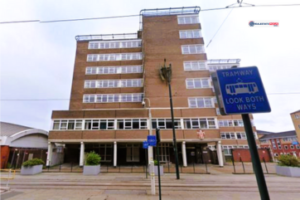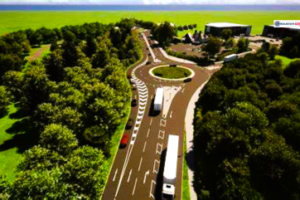

Resilience in the Rubble: Real Estate and Market Giants Power Through Headwinds Amid Shifting Economic Landscape
Despite a turbulent global environment and domestic economic crosswinds, the Philippine property and financial sectors are proving their mettle with robust Q1 performances, strategic wins, and a few surprising firsts.
Surging Earnings: The Alliance Global Effect
Alliance Global Group Inc. (AGI) opened 2025 with an explosive 66% jump in first-quarter net income, hitting ₱11 billion largely attributed to one-time gains. Stripping out those gains, the company still clocked a 14% rise in normalized earnings to ₱7.5 billion. The growth was underpinned by strong showings across real estate, tourism, and office leasing, sectors that continue to recover and even thrive despite macroeconomic headwinds.
AGI’s performance paints a larger picture: Philippine real estate is not just weathering the storm, it’s finding new ways to grow in it.
GT Capital’s Trio of Strength
GT Capital Holdings Inc. (GTCAP) followed suit, delivering a 27% rise in core net income to ₱8.7 billion, boosted by a balanced blend of strong banking, automotive, and property operations. Including non-core gains, consolidated net income jumped to ₱9.14 billion proof that diversification and operational resilience remain vital strategies in the post-pandemic economy.
Megawide’s Quiet Breakthrough
In a quiet but telling shift, Megawide Construction Corp. (MWIDE) posted a 14% rise in Q1 net income to ₱209 million, fueled by the first-ever profit from its real estate subsidiary, PH1 World Developers. Despite a dip in consolidated revenue, strong margins from finalizing construction contracts and increased landport and property sales lifted its bottom line. For a company traditionally seen as construction-heavy, this signals a pivot toward broader verticals and long-term sustainability.
Economy in Motion: Gains and Growing Pains
While corporations delivered earnings surprises, the broader economic narrative remains mixed.
Oil prices are once again climbing, ending a brief period of rollbacks. Drivers will face hikes ranging from ₱0.95 to ₱2 per liter this week, spurred by global supply shifts, U.S. sanctions on Iran-linked firms, and recalibrated U.S.-China tariffs.
Meanwhile, the Department of Transportation (DOTr) has finally pulled the plug on a long-delayed contract for the Unified Grand Central Station, a key infrastructure node meant to link Metro Manila’s LRT-1, MRT-3, and MRT-7 lines. After 16 years of delays, the government is moving to fast-track the project a reminder that while private players evolve, public infrastructure still faces inertia.
Consumers Catch a Break
In contrast to rising pump prices, electricity consumers are in for relief. The National Grid Corp. of the Philippines (NGCP) announced a massive 28.45% drop in transmission rates, reducing the average cost to ₱1.0904 per kilowatt-hour down from ₱1.524 in April. It’s a rare reprieve for households and businesses alike as inflationary pressures continue to bite.
Market Moves: A Pause for Breath
The Philippine Stock Exchange index (PSEi) closed marginally lower at 6,465.53, shedding just 1.33 points (-0.02%). Despite strong earnings from key players, the market lacked momentum amid the absence of strong catalysts. Choppy trade and investor hesitation reflect a wait-and-see attitude, particularly as geopolitical developments and interest rate signals remain ambiguous.
Conclusion: Building Momentum in a Shifting Landscape
From historic profit milestones to resilient earnings, the Philippine real estate and infrastructure sectors are demonstrating adaptability and strength. Yet, broader economic factors from rising oil prices to construction gridlocks remind us that sustained growth will require not just resilience, but reform, innovation, and swift execution.
In an era defined by uncertainty, the ability to turn headwinds into high ground may be the ultimate competitive edge.


